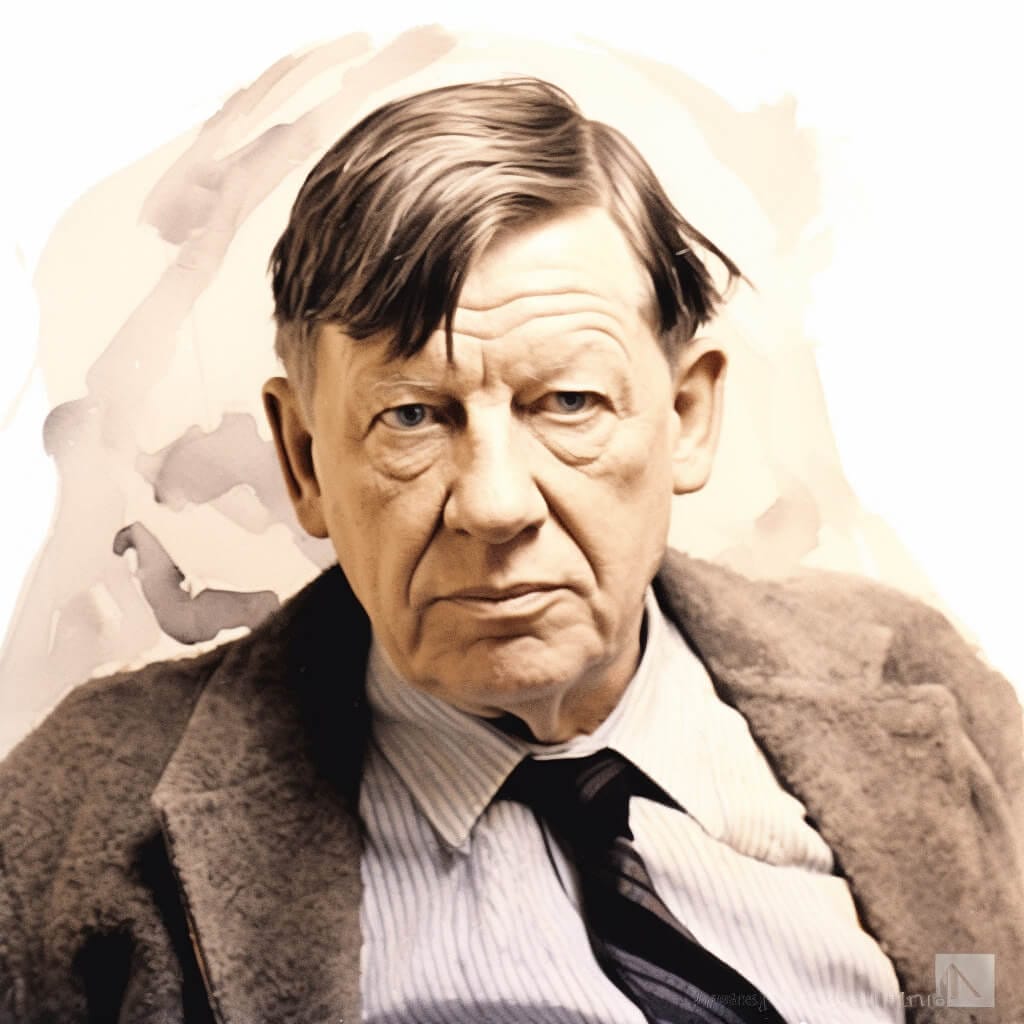W.H. Auden’s ‘Night Mail’ blends rhythmic cadence with human connection, mirroring a train’s journey and exploring the lives touched by its passing.
Crafted by W.H. Auden in 1936 for a film, 'Night Mail' uniquely aligns its rhythm with a train's journey from London to Scotland. The poem, set to music in the film, focuses on the diverse recipients of letters, from rich to poor. Auden captures the train's calming, methodical presence, symbolizing consistent communication amidst the varied tapestry of human lives. This piece eloquently illustrates the impact of simple connections in the everyday life of ordinary people.
This is the night mail crossing the Border,
Bringing the cheque and the postal order,
Letters for the rich, letters for the poor,
The shop at the corner, the girl next door.

